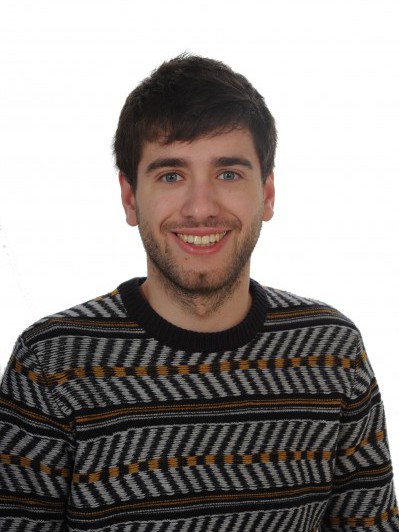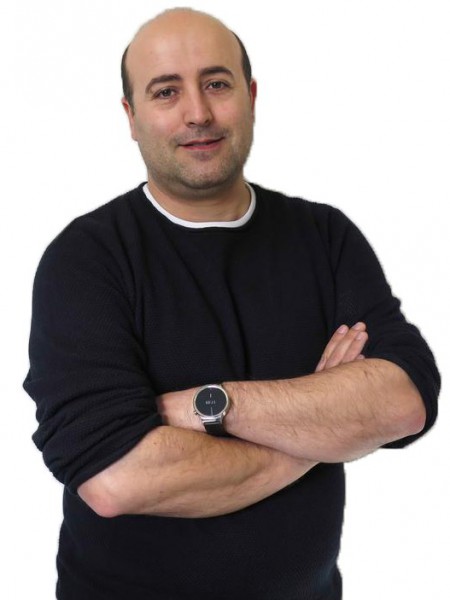resumo
Despite the large spectrum of applications being reported for DESs over the last decade, their thermodynamic characterization is often neglected, hindering a better understanding of their nature, and the development of accurate and robust thermodynamic models to describe them, essential for the conceptual and design stages of new industrial processes. This work aims at decreasing such a gap in literature by reporting new experimental density and viscosity data in wide temperature and pressure ranges for the three archetypal DESs of cholinium chloride, as hydrogen bond acceptor, combined with either ethylene glycol, glycerol, or urea, as hydrogen bond donor. The experimental data measured in this work were then correlated using the Perturbed Chain - Statistical Associating Fluid Theory equation of state coupled with the Free Volume Theory to assess the performance of existing coarse-grained models when applied to the description of DESs. The modelling results obtained highlight the limitation of the existing models, since a correct prediction of DES density could not be achieved, reinforcing the need for viable alternative approaches for the development of coarse-grained models that are appropriate for the thermodynamic modelling of DESs. (C) 2019 Elsevier B.V. All rights reserved.
palavras-chave
DIRECTIONAL ATTRACTIVE FORCES; EQUATION-OF-STATE; PLUS ETHYLENE-GLYCOL; CHOLINE-CHLORIDE; IONIC LIQUIDS; AQUEOUS MIXTURES; PERTURBATION-THEORY; DYNAMIC VISCOSITY; FRICTION THEORY; HYDROCARBON MIXTURES
categoria
Thermodynamics; Chemistry; Engineering
autores
Crespo, EA; Costa, JML; Palma, AM; Soares, B; Martin, MC; Segovia, JJ; Carvalho, PJ; Coutinho, JAP
nossos autores
Projectos
CICECO - Aveiro Institute of Materials (UID/CTM/50011/2019)
Projeto de Investigação Exploratória: Pedro Carvalho (IF/00758/2015)
agradecimentos
This work was developed within the scope of the project CICECO-Aveiro Institute of Materials, FCT Ref. UID/CTM/50011/2019, financed by national funds through the FCT/MCTES. E. A. Crespo acknowledges FCT for the Ph.D. Grant SFRH/BD/130870/2017. R J. Carvalho also acknowledges FCT for a contract under the Investigador FCT 2015, contract number IF/00758/2015. B. Soares thanks FCT and The Navigator Co. for the Ph.D. grant SFRH/BDE/103257/2014. The authors gratefully acknowledge Infochem-KBC as the Multiflash software was used in this work for the PC-SAFT EoS calculations.




